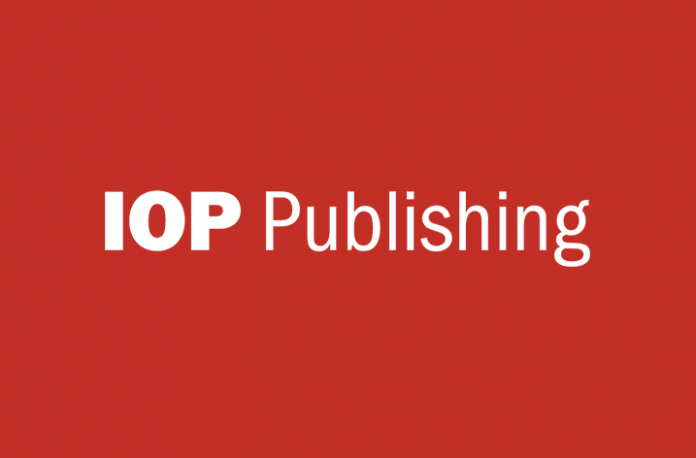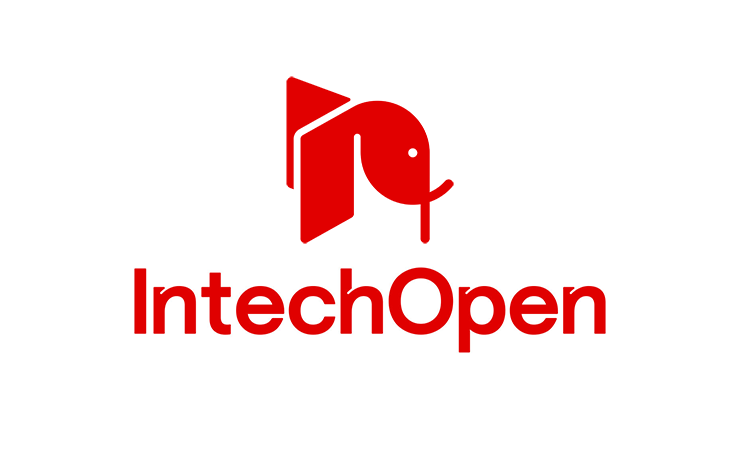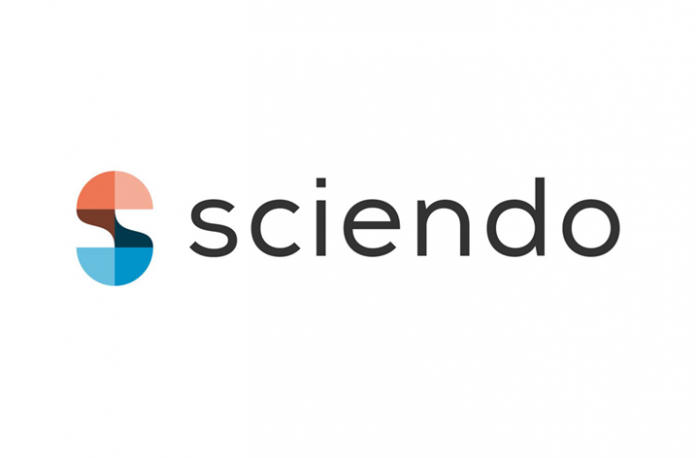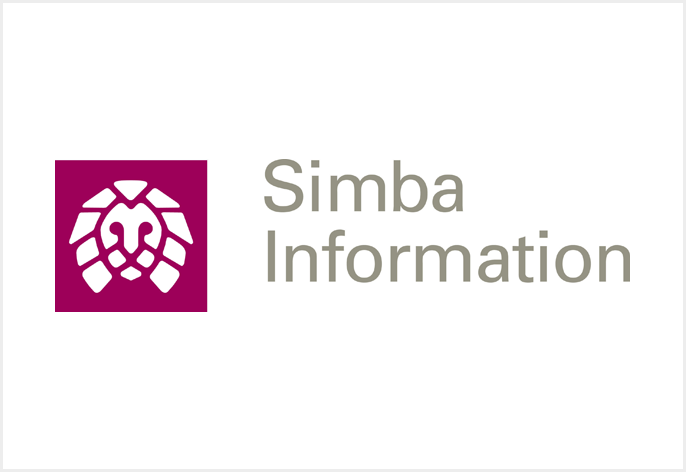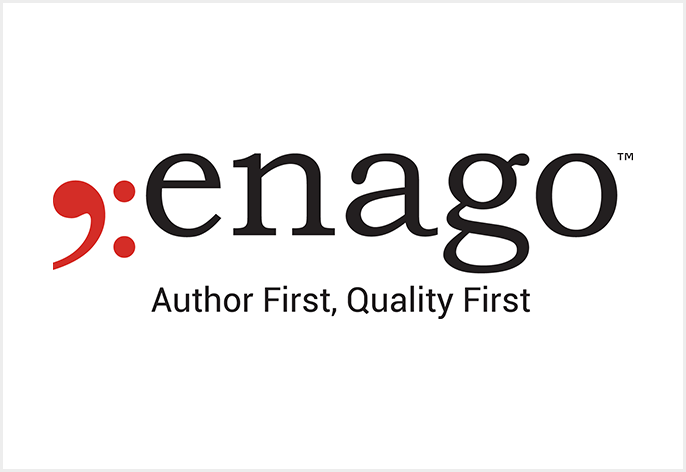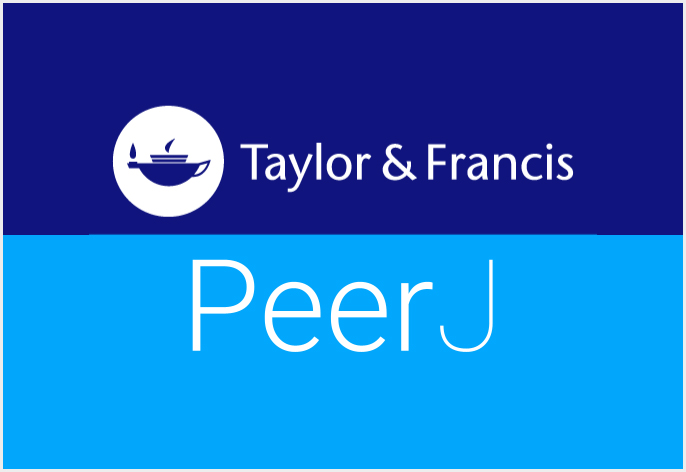Simba Information’s latest Global Scientific & Technical Publishing 2023-2027 found that the global scientific and technical publishing market measured $12.65 billion in 2022, up 2.7% from 2021. Simba found that product development involving AI was a significant strategy in the market over 2022 and 2023 with the online content segment fueling growth for publishers, representing about 30% of the market, growing almost 7% in 2022. Journals remain the dominant product form, with a 42% share of revenue, but with a slow pace of growth, just under 2%.
Play Video: Global Scientific & Technical Publishing 2023-2027
Simba Information’s Global Scientific & Technical Publishing 2023-2027 report details the trends impacting the market, profiles leading scientific and technical publishers, identifies mergers, and acquisitions that have occurred in the market from 2023-2024, and provides a global forecast of the sector. The data and findings contained within the report are based on Simba’s industry experience and analysis of official data drawn from a wide range of expert timely sources, including trade publications, trade association data, scholarly literature, investor presentations and earning calls, analyst conferences and reports, company press releases, industry surveys, specialized industry databases, industry conference proceedings and events, government data, blogs, webinars, and podcasts by industry experts.
Global Scientific & Technical Publishing 2023-2027 covers the following major categories outlining and impacting the market:
- Market Overview
- Market Sizing
- Product Forms
- Geographical Data
- Market Trends
- Leading Publishers
- Mergers and Acquisitions
- Global Market Forecast
- Economic Outlook
Global Scientific & Technical Publishing 2023-2027 contains detailed and granular data and analysis on key trends and developments with a special focus on:
- Market Sizing
- AI Product Growth
- Publishing Restrictions
- Market Leaders
- Key Mergers and Acquisitions
- Global Inflation Impacts
Key companies profiled include:
- American Chemical Society
- Clarivate
- De Gruyter
- EBSCO
- Elsevier
- Emerald Publishing
- InderScience
- Informa
- Institute for Electrical and Electronic Engineers
- MDPI
- Oxford University Press
- Pearson
- S&P Global
- Sage Publishing
- Wiley
Publishers and investment professionals can trust Simba Information’s Global Scientific & Technical Publishing 2023-2027 report to provide the inside intelligence needed to evaluate the changes and needs impacting the products, sales, segment, and marketing of professional and scholarly e-books.
Simba’s Global Scientific & Technical Publishing 2023-2027 report is an essential tool for publishing executives, M&A advisors, market analysts, and industry consultants who need to understand the current drivers impacting science and technical publishing, both recent past, present, and forecast into the next few years.
Simba has the knowledge base and perspective gained from more than 20 years’ covering this market and the rapid changes in technology, the economy, mergers, partnerships, and public policy that affect it.
Scope of the Report
This report includes an estimate of the global market size segmented by publishing format: including journals, online content, A&I services, books and other activities. Major industry trends are analyzed, including recent mergers, acquisitions, divestments, and partnerships.
The report identifies the major competitors in the scientific and technical publishing arena and their strategies, as well as important players in the middle market. An important focus of this report is innovation strategies and new product development.
The last section of the report provides an assessment of the macro environment and of near-term performance for the major competitors. The report concludes with a forecast of market revenue and revenue by product segment over the 2024 to 2027 horizon.
Methodology for Estimates and Forecasts
Simba estimates are developed using a range of specialized industry sources as inputs. This can include historical trends, executive commentary, relative scale of competitors, analysis of customers, employee counts, publisher portfolio analysis, title counts, industry surveys and trade press coverage.
Estimates of revenue are based on the classification of revenue into component categories as well as by geographic distribution. Guidance from analysts, annual reports, 10-K filings, and industry observers is applied. Currency movements and M&A activity are also considered in developing estimates and projections.
The development of long-term projections for forecasts employs a similar approach. Principal inputs to projections are these: global and national GDP and economic data; industry forecasts; company guidance on revenue and earnings; and overall publishing trends. All Simba estimates are designated (E) and all projections are marked (P).
https://www.freedoniagroup.com/simba-information/global-scientific-technical-publishing?utm_campaign=SKU%20Workflows&utm_medium=email&_hsmi=296292127&_hsenc=p2ANqtz-9TZW5f3KEdE1LwKx_yZ2e0E78SbA3G35kXXl_mh7fkf1yqWLXkM4RCtK3sUVp2WKXdvrsqSU9F3KvkcISdmfUqAYB8NQ&utm_content=296292802&utm_source=hs_automation























